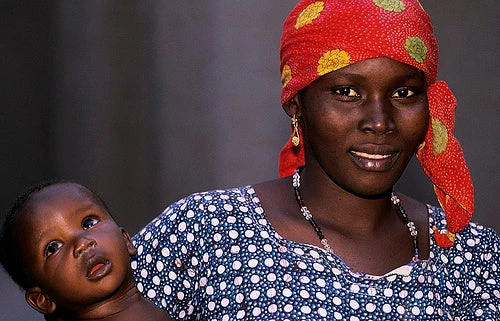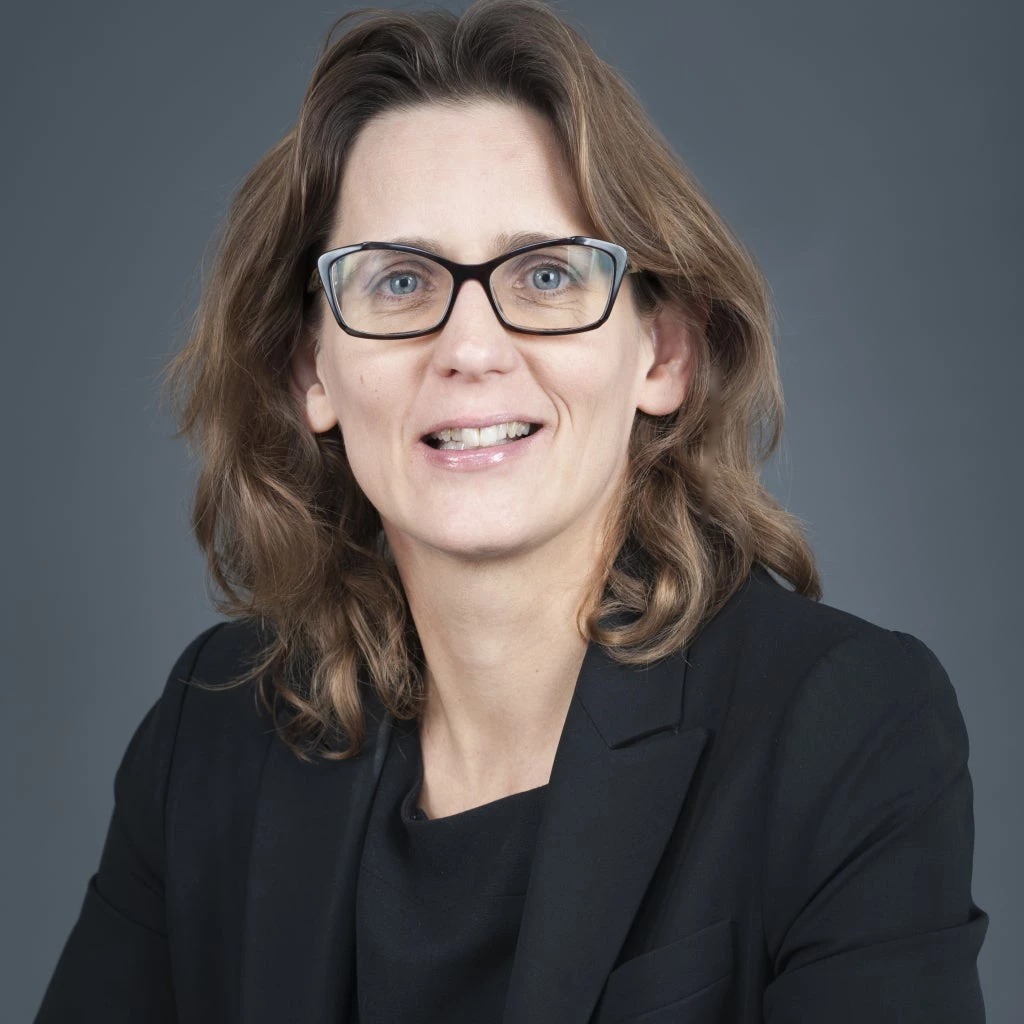As we celebrate World Malaria Day this year and rally behind its theme, “Invest in the Future, Defeat Malaria,” countries and the global community are celebrating major accomplishments since 2000. Malaria death rates have been reduced by half among young children, and more than 3.3 million lives have been saved. The malaria map is shrinking: Four countries were recently certified as malaria-free (Armenia, Morocco, Turkmenistan and a United Arab Emirates), and 26 more are moving toward eliminating the disease.
For the World Bank, the fight against malaria is in line with its twin goals of eliminating extreme poverty and improving shared prosperity of the poorest 40% by 2030. In addition to its health toll, malaria places a heavy economic burden on many affected countries, contributing to the cycle of poverty and limiting economic development.
Indeed, malaria keeps households in poverty, discourages domestic and foreign investment and tourism, affects land use patterns, and reduces productivity through lost work days and diminished job performance. Deaths and disability from malaria have enormous social costs. Malaria also affects learning and scholastic achievement through frequent absenteeism and, in some cases, leads to cognitive impairment in children.
Since 2005, the World Bank has committed more than US $ 1 billion to combating the disease, mostly across sub-Saharan Africa and India. This does not include the billions invested in strengthening health systems, which enhance and expand the reach of malaria control efforts. This commitment has successfully complemented efforts from key partners such as the Global Fund, the U.S. President’s Malaria Initiative, and DFID, to name just a few of the partners who are working in many countries to achieve impressive, transformational results.
We’re working with countries including Togo, Zambia, South Sudan, and those in the Senegal River Basin Authority (Senegal, Mali, Mauritania and Guinea) to support malaria control efforts. Through a Sahel Initiative, we’re implementing a new, highly effective intervention known as seasonal malaria chemoprevention (SMC, a presumptive monthly treatment of the high-risk population, with an effective drug combination during the rainy season) in the Sahel, where transmission is short and intense. This will have high pay-offs in reducing morbidity and mortality attributable to malaria.
But we need to do more to defeat malaria. And to do more, we need to do things differently. We need to change the way that health services are delivered and invest in what works. That’s why we’re investing in results-based financing (RBF), which is transforming the way health systems are working in many countries—making them stronger, more efficient and more accountable. RBF pays for outputs and outcomes—for example, successfully administering doses of intermittent preventive treatment (IPT) to pregnant women as part of a comprehensive package of essential services—rather than simply inputs or processes. Payments are based on performance, which empowers health workers to develop locally appropriate and innovative solutions, and rigorous verification of the results ensures that the poorest are receiving high-quality services, and that there is accountability in the use of resources.
RBF is working. In Cameroon, success is pregnant women receiving 103,000 doses of IPT. In Zambia and Zimbabwe, it’s 55,000 and 59,000 pregnant women, respectively, receiving three doses of IPT. And in Benin and Burundi, it’s 55,000 and 100,000 women and children under five, respectively, now having the bed nets they need to prevent malaria.
In countries such as Zimbabwe, Burundi and Zambia, success is a dilapidated facility that has been renovated; motivated health staff who are developing innovative solutions to service delivery bottlenecks; and most importantly, people who are getting the affordable, quality health care they need to ensure that they have the opportunity to live happy and productive lives.
This year, as we commemorate World Malaria Day, these results should inspire us to think innovatively and invest smartly. Through RBF and other efforts, we can defeat malaria.
Follow the World Bank Health team on Twitter: @worldbankhealth
Related
Results-Based Financing for Health
World Bank and Health
Feature: Water Project Helps Fight Malaria in Senegal River Basin
World Malaria Day




Join the Conversation